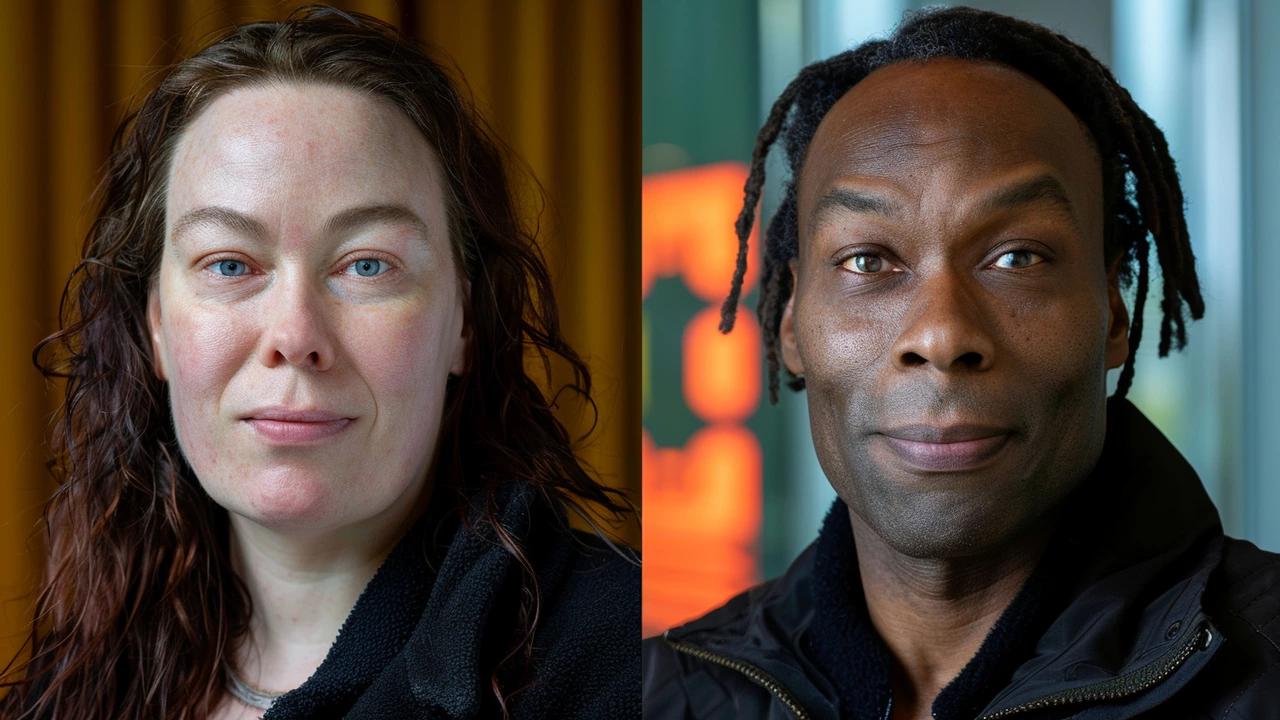Manslaughter: What It Is and How It Differs From Murder
If you’ve ever heard a courtroom drama mention manslaughter, you probably wondered how it’s not the same as murder. In plain terms, manslaughter is a killing that lacks the pre‑planned intent required for murder. It’s still a serious crime, but the law sees it as less culpable because the killer didn’t set out to kill.
Two Main Types – Voluntary vs. Involuntary
Voluntary manslaughter happens when a person kills in the heat of passion. Imagine a sudden fight that turns deadly or an affair discovered that ends in a snap decision. The key is that the killer’s mind was temporarily overwhelmed, not calmly plotting.
Involuntary manslaughter covers deaths caused by reckless or negligent behavior. Think of a driver who runs a red light and hits a pedestrian, or a construction boss who skips safety steps and a worker dies. The act isn’t intentional, but it’s careless enough to be criminal.
How Courts Decide the Penalty
Sentences for manslaughter vary a lot because judges look at the circumstances. Voluntary cases often get a few years in prison, while involuntary ones might land a shorter term, a fine, or even community service if the risk was low. Some states allow suspended sentences if the offender shows remorse and cooperates.
Factors that raise the punishment include prior convictions, using a weapon, or targeting a vulnerable victim. On the flip side, a clean record, genuine remorse, and restitution can soften the outcome.
Many jurisdictions also offer plea bargains. Prosecutors might accept a guilty plea to manslaughter instead of risking a murder trial, which could lead to a harsher verdict. That’s why getting a good criminal defense lawyer matters.
It’s worth noting that the word “manslaughter” doesn’t mean the victim is male. The term is gender‑neutral and applies to any person who is killed.
If you’re facing a manslaughter charge, don’t try to navigate the legal maze alone. Early legal advice can help you understand the evidence, negotiate plea deals, and protect your rights.
In summary, manslaughter sits between accidental death and murder. It recognizes that not every fatal act is a cold‑blooded plan, but it still holds people accountable for reckless or emotionally charged killings.

Jury Discharged in High-Profile Manslaughter Case Involving Aristocrat Constance Marten and Partner
In a highly publicized trial, the jury was discharged after failing to reach a verdict on charges against aristocrat Constance Marten and her partner Mark Gordon. The couple faced accusations related to the manslaughter and gross negligence leading to the death of their daughter during a harsh winter camping trip. The jury deliberated for over 72 hours without reaching a consensus.